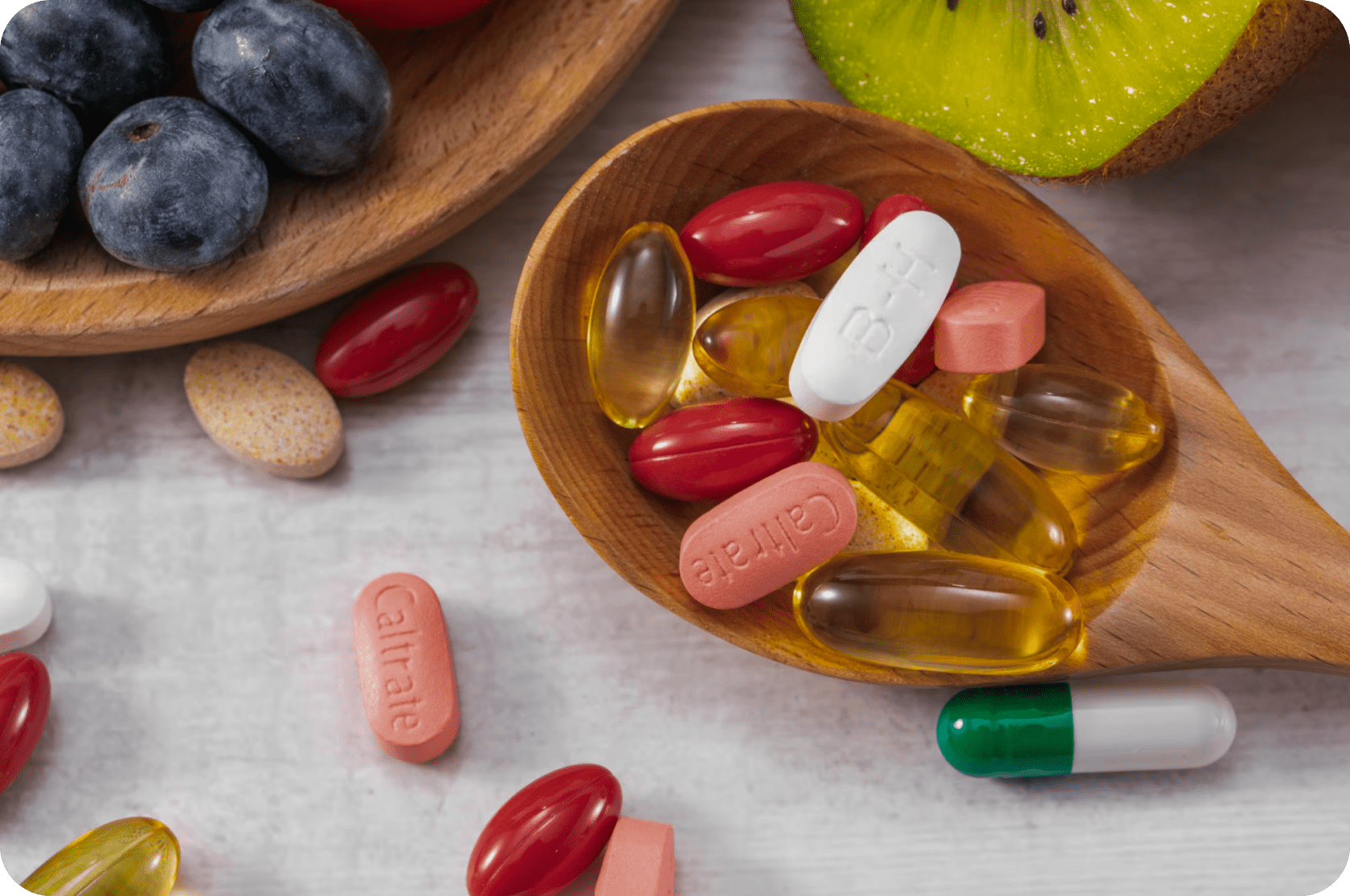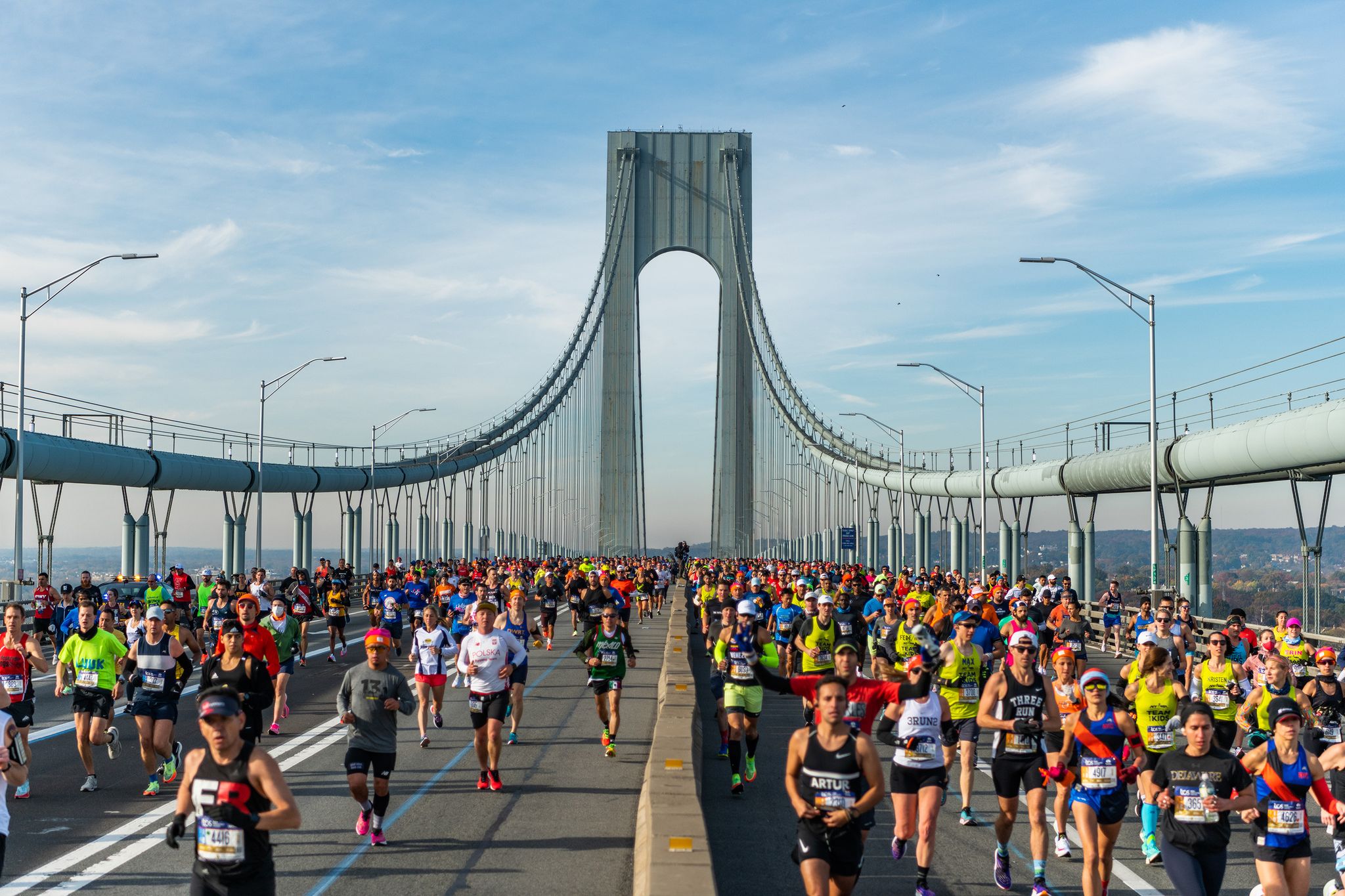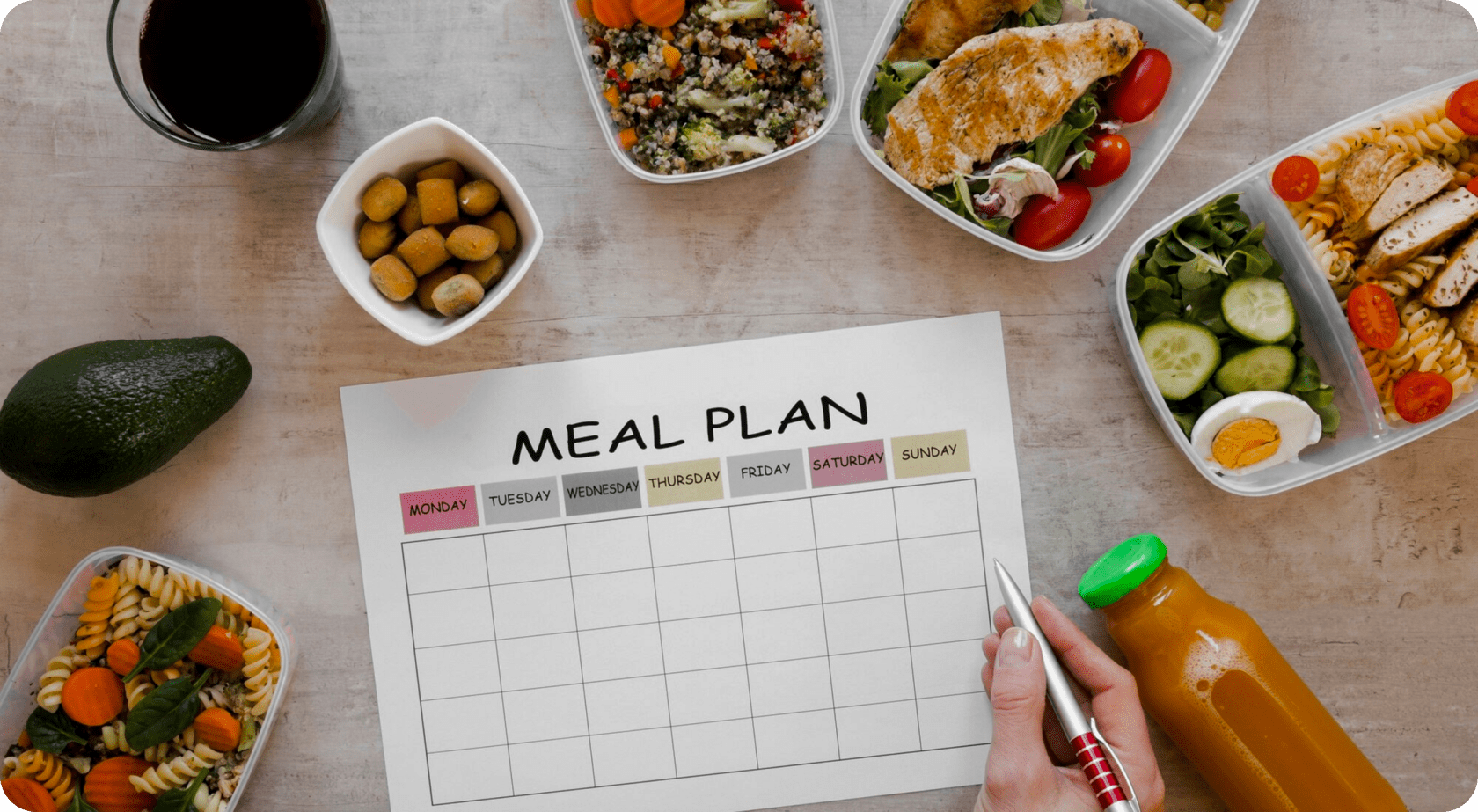Proper nutrition is absolutely crucial for marathon runners as it directly impacts performance, recovery, and overall health.
Let’s unwrap why the diet is important:
A Dood Diet Helps You Maintain High Energy Levels
Marathons are intense endurance events that require a significant amount of energy.
Good nutrition ensures that you have an adequate supply of carbohydrates, which serve as the primary fuel source during long-distance running.
Without enough carbohydrates, runners may experience fatigue, hitting the proverbial “wall” during the race.
It is Crucial for Performance Optimization
Nutrition directly affects performance.
Balancing your intake of macronutrients (carbohydrates, proteins, and fats) and micronutrients (vitamins and minerals) can boost endurance, speed, and stamina throughout tra
ining and on race day.
Nutrition is an Integral Part of Recovery and Injury Prevention
Marathon training places immense stress on the body, leading to muscle damage and fatigue.
Proper nutrition plays a crucial role in post-run recovery by replenishing glycogen stores, repairing muscle t
issue, and reducing inflammation.
Adequate protein intake supports muscle recovery, while antioxidants present in fruits and vegetables aid in fighting oxidative stress, lowering the risk of injury.
This is Beneficial for Your Immune System
Engaging in endurance training can temporarily weaken the immune system, leaving runners vulnerable to illnesses.
However, maintaining a nutritious diet abundant in vitamins, minerals, and antioxidants can bolster immune function, safeguarding against setbacks in training and race readiness.
Essential for Body Composition and Weight Management
Achieving and maintaining an optimal body composition is important for marathon performance.
While excess body fat can hinder speed and efficiency, insufficient body fat can lead to energy deficiencies and compromised health.
Proper Food has a Positive Impact on Mental Focus and Cognitive Function
Nutrition impacts mental focus, cognitive function, and mood, all of which are essential for successful marathon performance.
Foods rich in omega-3 fatty acids, antioxidants, and complex carbohydrates support brain health and enhance cognitive function, helping runners maintain focus
and motivation throughout training and on race day.
Summing up, nutrition is a cornerstone of successful marathon training and racing.
When fueling your body with the right nutrients, you can optimize performance, support recovery, reduce the risk of injury and illness, and ultimately achieve your goals on race day.
Building Your Healthy Marathon Runner Diet: Crucial Components
Building a healthy marathon runner d
iet is essential for fueling your body effectively during training and on race day.
Here are some crucial components for your marathon training diet:
1. Carbohydrates
Carbs are your body’s primary energy source during exercise, including running.
For sustained energy relea
se, opt for complex carbs like whole-grain bread, pasta, rice, and oats.
Include a variety of colourful fruits and vegetables for additional carbs, vitamins, and minerals.

2. Proteins
Protein aids in muscle repair and recovery post-run.
Choose lean proteins like chicken, turkey, fish, eggs, tofu, beans, and legumes.
Consume protein-rich foods throughout the day, especially after workouts, to support muscle repair.

3. Healthy Fats
Healthy fats provide a concentrated source of energy and support overall health.
It is recommended to include sources of healthy fats, such as avocados, nuts, seeds, olive oil, and fatty fish like salmon and mackerel, in moderation.
Prioritize omega-3 fatty acids found in fish and flaxseeds for anti-inflammatory benefits.

4. Hydration Strategy
Proper hydration is essential for optimal performance.
Drink water throughout the day and during workouts to replace fluids lost through sweat.
Consume electrolyte-rich fluids
like sports drinks or coconut water for hydration and mineral balance, especially during longer runs.
5. Meal Timing and Portion Control
Aim for balanced meals that include a combination of carbs, proteins, and fats.
Eat a balanced meal with carbs and some protein 2-3 hours before long runs to fuel your body adequately.
Consume a combination of carbs and protein within 30-60 minutes after runs to replenish glycogen stores and aid muscle recovery.
Add healthy snacks like fruit with nut butter, yogurt with granola, or a protein smoothie between meals to maintain energy levels.
7. Supplements
Some runners may benefit from supplements like iron, vitamin D, or omega-3 fatty acids, but individual needs vary.
Consider consulting with a tr
aining coach or sports dietitian to determine if you have specific nutrient deficiencies or if supplementation is necessary.
Remember to listen to your body, make adjustments as needed, and enjoy the journey of nourishing yourself as a marathon runner.

7-Day Meal Plan For Marathon Athletes
Nutrient-rich nutrition is an essential part of your marathon training plan.
Here’s a simple meal plan to follow in the week leading up to the marathon, perfect for intense training schedules:
Day 1
- Breakfast: Oatmeal with berries and almonds.
- Lunch: Grilled chicken salad with mixed greens and vinaigrette.
- Snack: Greek yogurt with honey and walnuts.
- Dinner: Baked salmon with quinoa and steamed vegetables.
Day 2
- Breakfast: Whole wheat toast with avocado and poached eggs.
- Lunch: Turkey and vegetable wrap with whole grain tortilla.
- Snack: Apple slices with peanut butter.
- Dinner: Stir-fried tofu with brown rice and broccoli.
Day 3
- Breakfast: Greek yogurt parfait with granola and mixed fruits.
- Lunch: Lentil soup with a side of whole grain bread.
- Snack: Carrot sticks with hummus.
- Dinner: Grilled shrimp with couscous and roasted vegetables.
Day 4
- Breakfast: Smoothie made with banana, spinach, almond milk, and protein powder.
- Lunch: Quinoa salad with black beans, corn, and avocado.
- Snack: Cottage cheese with pineapple chunks.
- Dinner: Baked chicken breast with sweet potato and green beans.
Day 5
- Breakfast: Whole grain pancakes with berries and maple syrup.
- Lunch: Tuna salad sandwich on whole wheat bread.
- Snack: Trail mix with nuts, seeds, and dried fruit.
- Dinner: Vegetable stir-fry with tofu and brown rice.
Day 6
- Breakfast: Scrambled eggs with spinach and whole grain toast.
- Lunch: Chickpea salad with cucumber, tomato, and feta cheese.
- Snack: Banana with almond butter.
- Dinner: Grilled steak with roasted potatoes and asparagus.
Day 7 (Race Day)
- Breakfast: Toast with almond butter and banana slices.
- Snack (1-2 hours before race): Energy bar or banana.
- During Race: Consume energy gels or sports drinks at designated intervals.
- Post-Race: Rehydrate with water or electrolyte drinks. Eat a balanced meal with carbs, proteins, and fats to aid recovery.
A well-planned marathon nutrition plan is essential for fueling your body and optimizing performance on race day.






